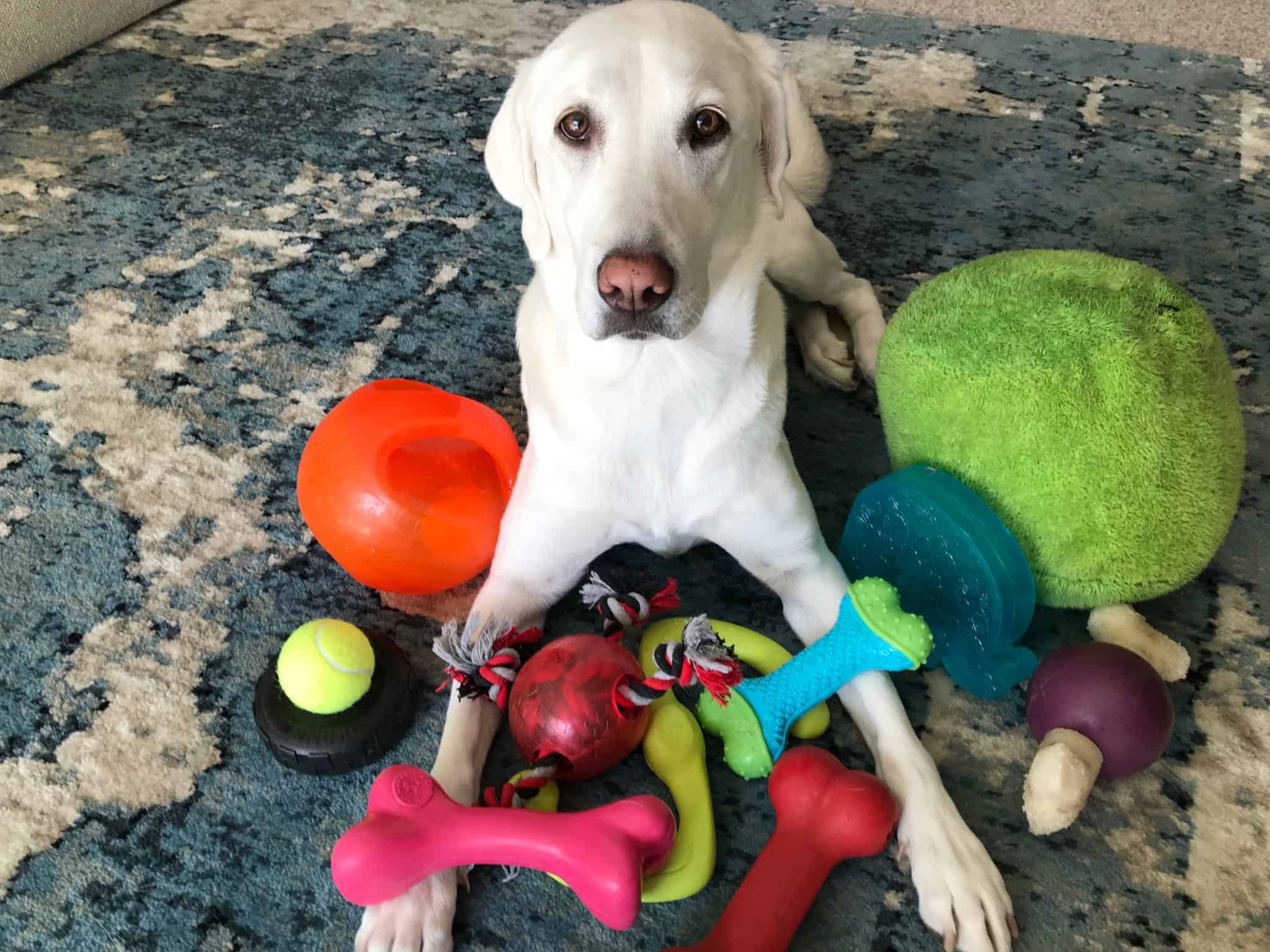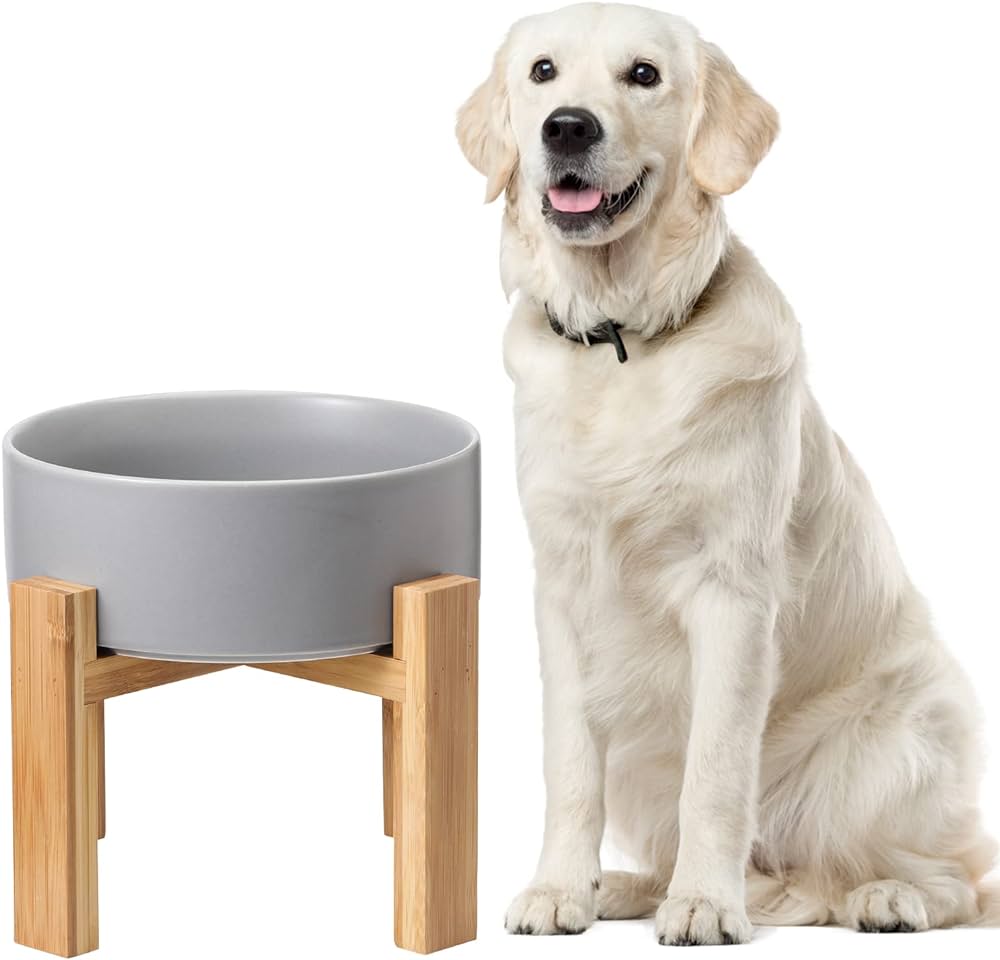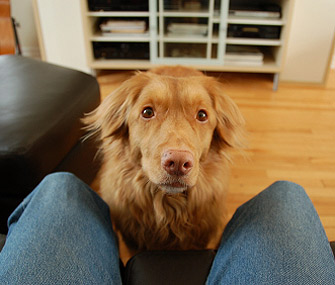Why Does My Dog Whine for Attention and How Can I Stop It?. Is your furry friend constantly whining for attention? Discover why dogs whine for attention & effective ways To stop this behavior. Read now for expert tips.

Why Does My Dog Whine for Attention & How Can I Stop It?
If you’re a dog owner, you may have experienced your furry friend whining for attention. It can be frustrating & challenging To deal with, especially if you’re unsure why they behave this way. Understanding The reasons behind your dog’s whining & finding effective strategies To address it is crucial for both you & your pet’s well-being.
Reasons behind Whining
There are several possible reasons why your dog may be whining for attention. Let’s explore some of The common causes:
Lack of Stimulation
Dogs are intelligent creatures that require mental & physical stimulation To thrive. If they feel bored or unoccupied, they may resort To whining To get your attention. Providing your dog with enough exercise, playtime, & interactive toys can help alleviate this issue.
Separation Anxiety
Some dogs suffer from separation anxiety, which can manifest as excessive whining when they’re left alone. They may feel anxious & fearful, leading To constant vocalization. Gradually desensitizing your dog To your absence & using positive reinforcement techniques can help reduce their anxiety.
Medical Issues
It’s essential To rule out any underlying medical conditions that may be causing your dog’s whining. Pain, discomfort, or discomfort due To health problems can lead To excessive vocalization. Consulting with your veterinarian is crucial To ensure your dog’s physical well-being.
Territorial Behavior
Dogs are naturally protective of their territory & can become whiny when they perceive a threat or when they want To assert dominance. Proper training & socialization can help address this behavior & establish boundaries.
Seeking Attention or Rewards
Sometimes, dogs learn that whining can grab their owner’s attention or lead To rewards. If your dog receives attention or treats when they whine, they may continue this behavior. It’s vital To avoid reinforcing their whining by providing attention only when they’re calm & quiet.
Strategies To Stop The Whining
Now that we’ve explored The reasons behind your dog’s whining, let’s discuss some effective strategies To curb this behavior:
Positive Reinforcement
Using positive reinforcement techniques can be highly effective in training your dog To stop whining. Rewarding them with treats, praise, or playtime when they’re quiet & calm encourages desirable behavior.

Ignore The Whining
While it may be difficult, ignoring your dog’s whining can be an effective way To extinguish this behavior. When they realize that whining doesn’t get them The desired attention, they’re more likely To stop. Remember To reward them only when they’re quiet.
Provide Mental & Physical Stimulation
Ensuring your dog receives enough mental & physical stimulation can significantly reduce their whining. Engage them in interactive games, walks, & puzzle toys To help alleviate boredom & restless behavior.
Establish a Routine
Creating a consistent routine for your dog can help them feel secure & reduce their anxiety. Stick To regular feeding, exercise, & sleep schedules To provide a sense of stability & predictability.
Address Underlying Medical Issues
If you suspect that your dog’s whining may be due To a medical condition, it’s essential To seek veterinary care. Your veterinarian can diagnose & treat any underlying issues that may be causing discomfort or pain.
Seek Professional Help
If your dog’s whining persists despite your best efforts, it may be beneficial To consult a professional dog trainer or behaviorist. They can assess your dog’s behavior & provide tailored strategies To address The issue effectively.
A Personal Experience with Whining Dogs
Personally, I’ve experienced The relentless whining of my own dog, Bailey. Despite providing her with attention, exercise, & all her basic needs, she continued To vocalize excessively. Seeking guidance from a professional behaviorist helped me understand The underlying triggers & develop a comprehensive training plan. Through consistent training & positive reinforcement, Bailey’s whining gradually reduced, leading To a harmonious & peaceful household.
Why Does My Dog Whine for Attention and How Can I Stop It?
Why Does My Dog Whine for Attention?
Having a dog that whines for attention can be frustrating & exhausting. It can be difficult To understand why our furry friends engage in this behavior, but there are several possible reasons that can help us make sense of it.
Loneliness & Boredom
One of The main reasons why dogs whine for attention is because they are feeling lonely or bored. Dogs are social animals & they rely on human interaction To feel happy & fulfilled. When they are left alone for long periods of time or do not receive enough mental & physical stimulation, they may resort To whining To get our attention & alleviate their boredom.
To combat this issue, ensure that your dog receives enough exercise & mental stimulation on a daily basis. Take them for regular walks, play interactive games with them, & provide them with toys & puzzles To keep them entertained when you are not around.

Additionally, consider hiring a dog walker or enrolling your dog in doggie daycare To provide them with social interaction in your absence. This can help reduce their feelings of loneliness & decrease their whining behavior.
Separation Anxiety
Another common reason why dogs whine for attention is separation anxiety. Dogs with separation anxiety have a deep fear of being left alone, & their whining behavior is a manifestation of their distress.
If your dog exhibits signs of separation anxiety, such as destructive behavior or excessive drooling, it is important To address this issue promptly. Consult with a professional dog trainer or behaviorist To develop a comprehensive treatment plan that may include desensitization exercises, counter-conditioning techniques, & The use of calming aids or medications, if necessary.
Medical Issues
In some cases, a dog may whine for attention due To underlying medical issues. Pain, discomfort, or illness can cause dogs To express their distress through whining.
If you notice that your dog’s whining is accompanied by other symptoms, such as limping, vomiting, or loss of appetite, it is crucial To consult with a veterinarian. Your vet will be able To perform a thorough examination & determine if there are any underlying medical conditions that need To be addressed.
How Can I Stop My Dog from Whining for Attention?
Consistency & Positive Reinforcement
When it comes To stopping your dog from whining for attention, consistency is key. Establish clear rules & boundaries & ensure that every member of your household follows them.
When your dog displays appropriate behavior & refrains from whining, reward them with praise, treats, or their favorite toy. This positive reinforcement will reinforce The desired behavior & encourage them To continue practicing it.
Ignore Attention-Seeking Whining
While it may be tempting To give in To your dog’s whining & provide them with attention, this will only reinforce The behavior. Instead, practice ignoring attention-seeking whining & wait until your dog is calm & quiet before giving them any attention.
It is important To note that ignoring The whining should only be done when you are certain that your dog’s needs are already met, such as having been taken for a walk & given food & water. If you believe that your dog is whining because they need something essential, address their needs before implementing The ignoring technique.
Redirect Their Energy
If your dog’s whining is driven by excess energy, redirecting their energy can help alleviate The behavior. Engage your dog in activities that require mental & physical exertion, such as puzzle toys, obedience training exercises, or agility courses.
By redirecting their energy towards constructive outlets, you can help them burn off excess energy & reduce their need To whine for attention.
Comparison between Whining & Barking for Attention
| Whining | Barking |
|---|---|
| Expresses distress or discomfort | Can indicate a desire To communicate or alert |
| More common in puppies or anxious dogs | Can be common in territorial, protective, or alert dogs |
| Usually higher-pitched & plaintive | Varies in pitch & tone depending on The situation |
Overall, understanding why your dog whines for attention is crucial in addressing The behavior effectively. By providing proper physical & mental stimulation, addressing separation anxiety, & seeking medical advice when necessary, you can help your furry friend overcome this behavior & live a happier, more fulfilled life.
I have personally dealt with a dog that used To whine excessively when left alone. Through a combination of positive reinforcement, mental stimulation, & addressing separation anxiety, I was able To significantly reduce The whining behavior & improve my dog’s overall well-being.
Remember, every dog is unique, & it may take time & patience To find The right approach that works for your furry friend. With consistent training & The right tools & techniques, you can help your dog stop whining for attention & build a stronger bond with them.
For further information on how To train your dog To stop whining for attention, you can visit this Reddit post or check out this Dogcuty website for additional resources & tips.
Why Does My Dog Whine for Attention and How Can I Stop It?
Why Does My Dog Whine for Attention?
Dogs often whine for attention due To various reasons. They may feel lonely, bored, or seek interaction. Sometimes, they may exhibit separation anxiety or simply want your undivided attention. It’s essential To determine The underlying cause of their behavior To address it effectively.
How Can I Stop My Dog from Whining for Attention?
To discourage your dog from whining for attention, you should try The following strategies:
Ignoring The whining: Avoid giving in & providing attention when your dog starts whining. This teaches them that whining won’t result in The desired outcome.
Providing mental stimulation: Engage your dog in activities that keep them mentally & physically stimulated. This can include interactive toys, puzzle games, or training exercises To redirect their focus.
Establishing a routine: Dogs thrive on routine. Ensure they have a predictable daily schedule that includes ample exercise, playtime, mealtime, & rest. This helps prevent boredom & reduces attention-seeking behavior.
Rewarding silence: When your dog remains quiet & calm, promptly reward them with praise, treats, or affection. This reinforces positive behavior & encourages them To be calm & patient rather than whining.
Consistency & patience: Training takes time & consistency. Be patient with your dog as they learn new behaviors. Stick To The established rules & strategies To discourage whining.
Remember, understanding why your dog whines & implementing appropriate training methods can effectively address attention-seeking behavior & foster a healthier relationship between you & your canine companion.
Conclusion
In conclusion, if your dog constantly whines for attention, it can be a frustrating & disruptive behavior. However, by understanding why they do it & implementing some simple strategies, you can effectively stop this behavior & maintain a peaceful home environment.
Remember, dogs whine for attention primarily because they have learned that it works. It is essential To not reinforce this behavior unintentionally by giving in To their demands. Instead, focus on rewarding your dog when they are calm & quiet, promoting positive behavior.
Start by ensuring your dog’s basic needs are met, including exercise, mental stimulation, & affection. This will help prevent attention-seeking behaviors, including excessive whining. Additionally, you can establish a consistent daily routine for your dog, which helps them feel secure & reduces The need for attention-seeking behaviors.
Redirecting your dog’s attention is another effective strategy. Provide them with interactive toys or engage them in training sessions, diverting their focus away from whining & onto positive activities. Positive reinforcement techniques such as treats, praise, or rewards can also be utilized To reinforce desired behaviors.
It is important To remain patient & consistent while addressing your dog’s attention-seeking whining. Avoid punishments, as they can be detrimental To your relationship with your pet & may worsen The behavior. Instead, focus on providing positive reinforcement & redirecting their attention To more appropriate activities
 .
.
If The whining persists despite your efforts & becomes excessive or highly distressing, it is recommended To consult with a veterinarian or a professional dog trainer. They can provide further guidance & help determine if there are any underlying medical or behavioral issues that need To be addressed.
Remember, bringing a dog into your home is a commitment that requires time, patience, & understanding. By addressing attention-seeking whining promptly & consistently, you can help your dog adopt more appropriate behaviors & create a harmonious bond between you & your furry companion.
